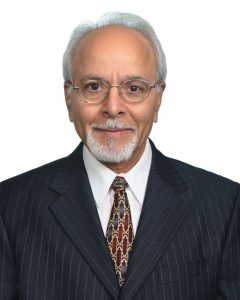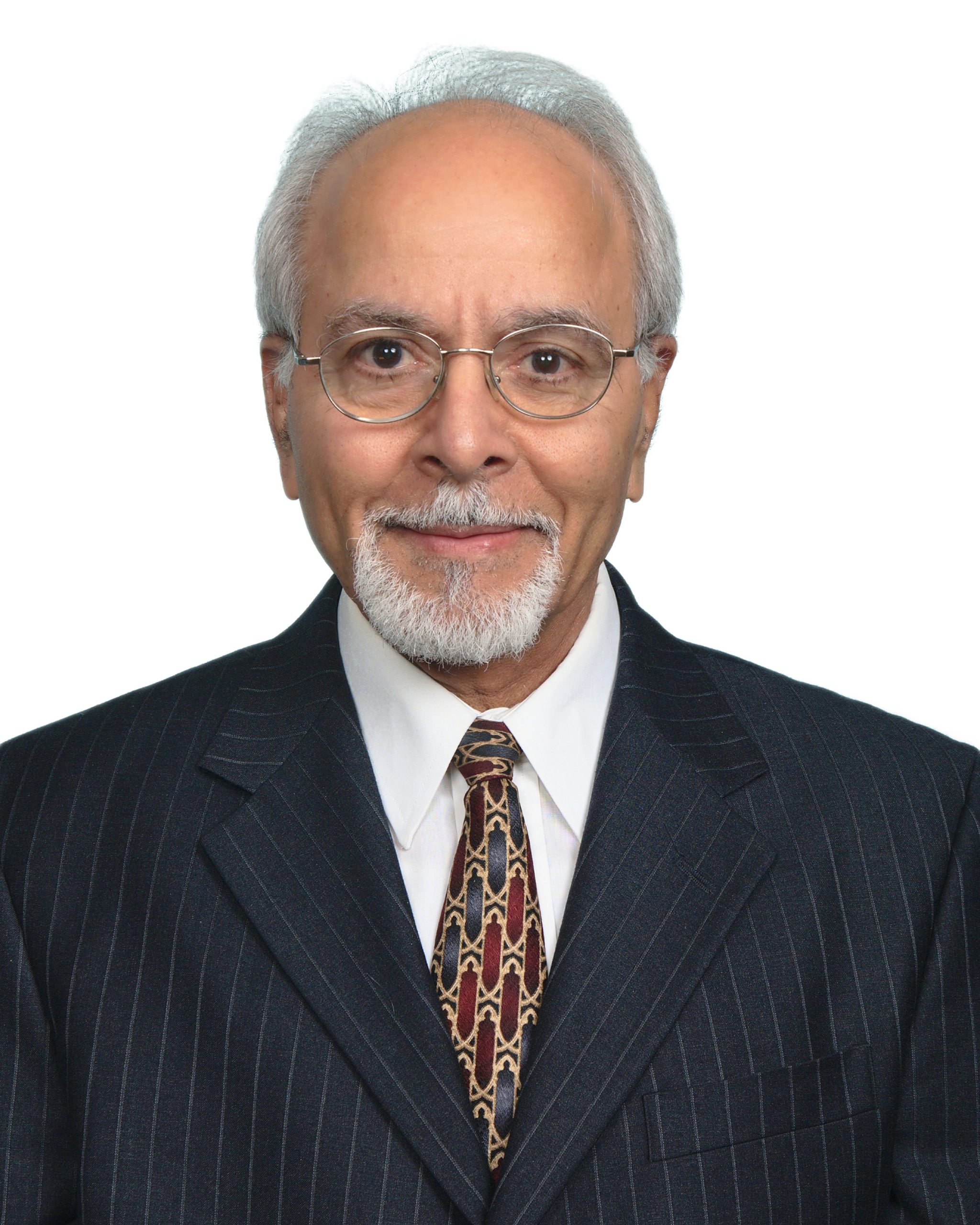Paul Kalra, FEGLI and the Living Benefit
 Paul Kalra is a financial planner and federal retirement expert in Lake Forest, California.
Paul Kalra is a financial planner and federal retirement expert in Lake Forest, California.Although most people purchase life insurance for the death benefit protection that it provides, many may not realize that there are other ways in which this financial tool can be used in taking care of additional needs while the insured is still alive.
- Also Read: Divorce and Your Federal Pension—What Happens When You Split Assets and How It Could Affect Your TSP
- Also Read: What Happens to Your Federal Benefits After Divorce? Here’s the Lowdown
- Also Read: The Best FEHB Plans for 2025: Which One Fits Your Lifestyle and Budget the Best?
Should the enrollee have a documented medical prognosis whereby he or she has a life expectancy of nine months or less, then they may elect to access a lump sum of cash from their FEGLI plan.
The amount of the lump sum that can be accessed is equal to the participant’s Basic life insurance amount, plus any amount of extra benefit for those who are under the age of 45, that is in effect nine months following the date that the Office of Federal Employee’s Group Life Insurance receives the completed living benefits claim form.1
It is important to note that when living benefits are accessed from a FEGLI policy – or from any life insurance policy – the amount that is taken from the policy will reduce the amount of funds that will be payable to the policy’s beneficiary at the time of the insured’s death.
In the case of living benefits on a FEGLI policy, an annuitant is not eligible to elect only a partial amount of benefit from the plan. Therefore, while an employee may opt to take just a portion of their insurance funds, if an annuitant elects living benefits, his or her survivors will not be eligible for any Basic insurance benefits at the time of the individual’s death.
More about Paul Kalra, CFP, ChFC, CLU:
Paul Kalra has been providing financial services for over 25 years to doctors, business owners and others nearing or in retirement. After a successful career with John Hancock Financial Services,in 2002, Mr. Kalra founded his own firm, Signature America Financial Planning Services, Inc. in Lake Forest, CA.
In his practice as a financial planner, Paul Kalra has found that when people are nearing their retirement years, they are faced with confounding decisions about their retirement plans, 401(k)’s, IRA’s, Social Security, Medicare, life insurance, wealth-preservation and estate planning. What motivated him to focus his practice on helping people in their 50’s and 60’s was when Mr. Kalra began facing such decisions himself and realized that the answers would have been very tough if he were not a financial planner.










